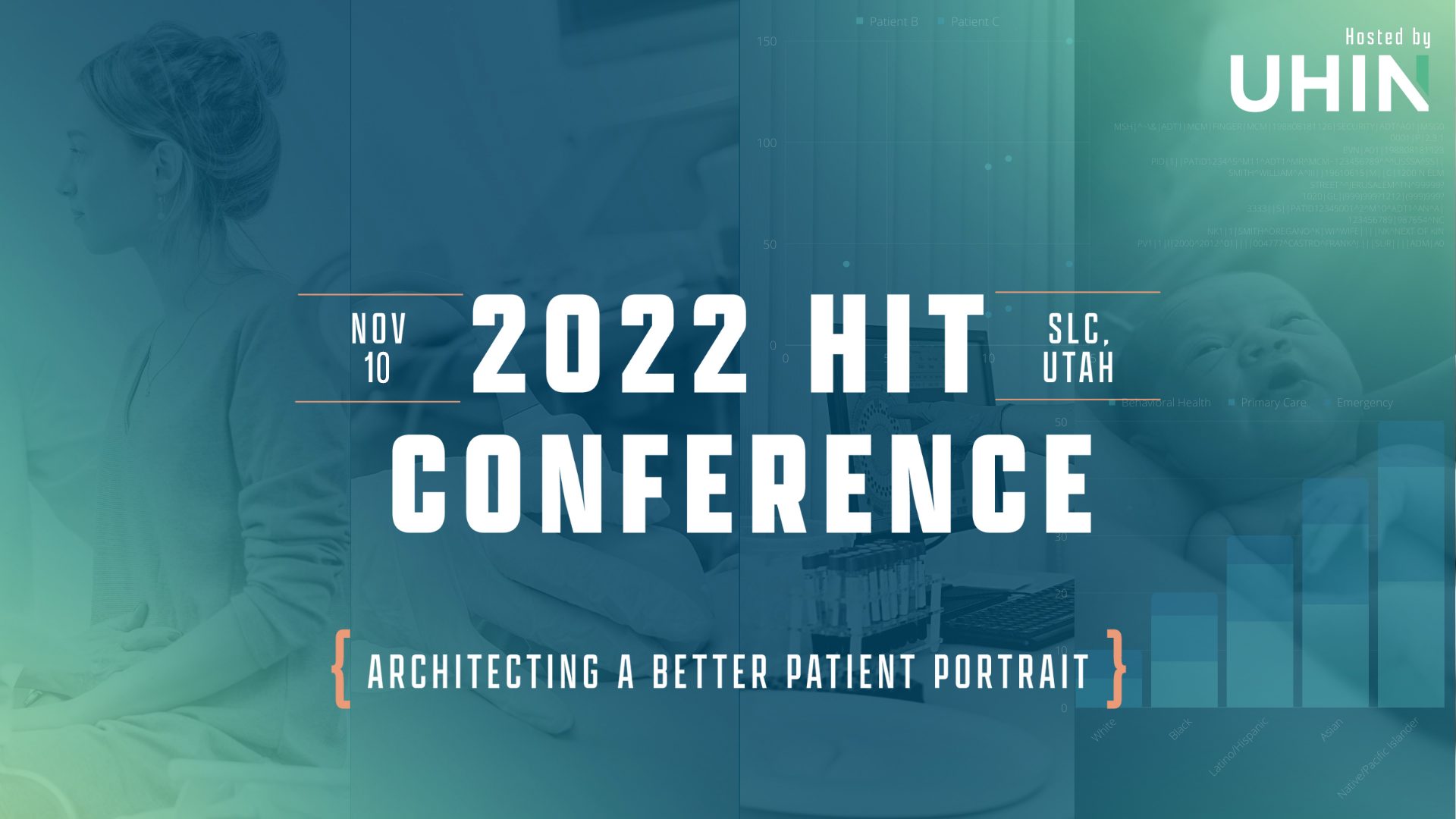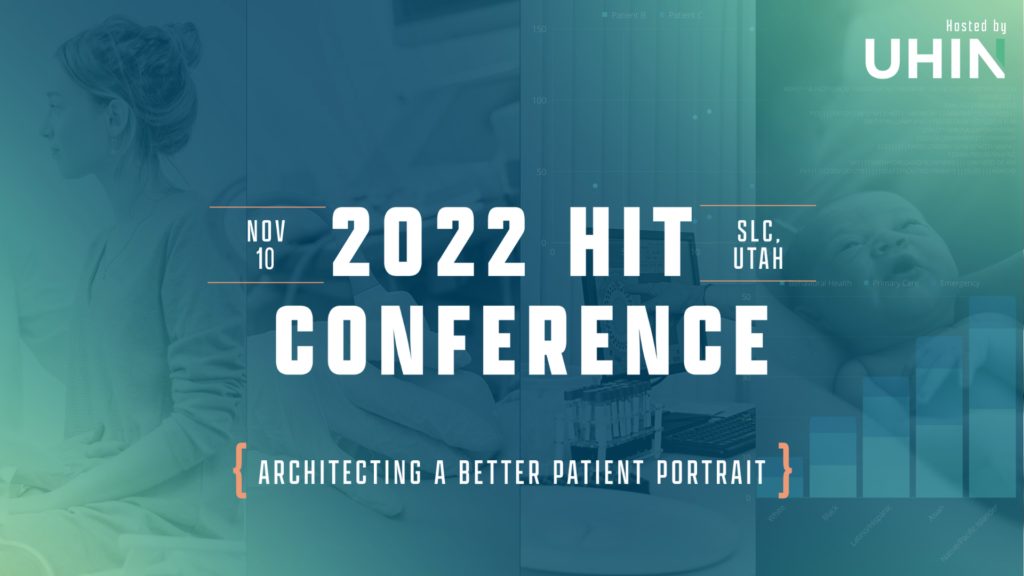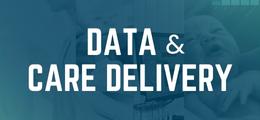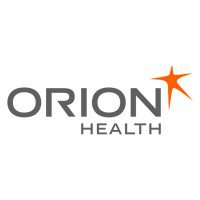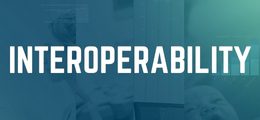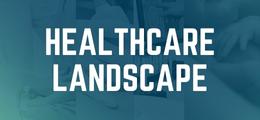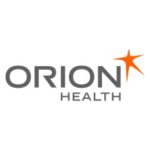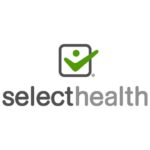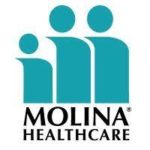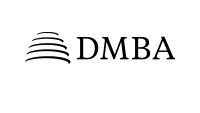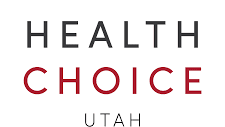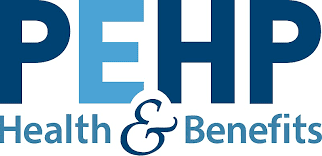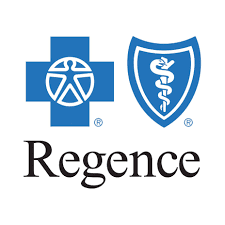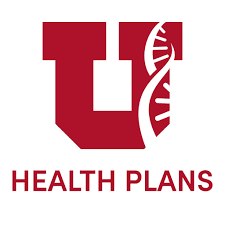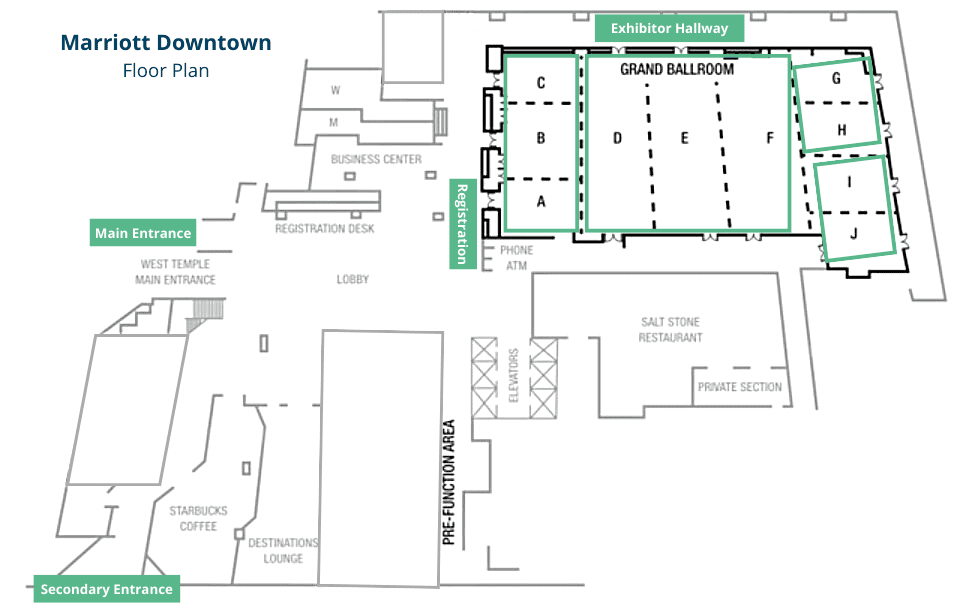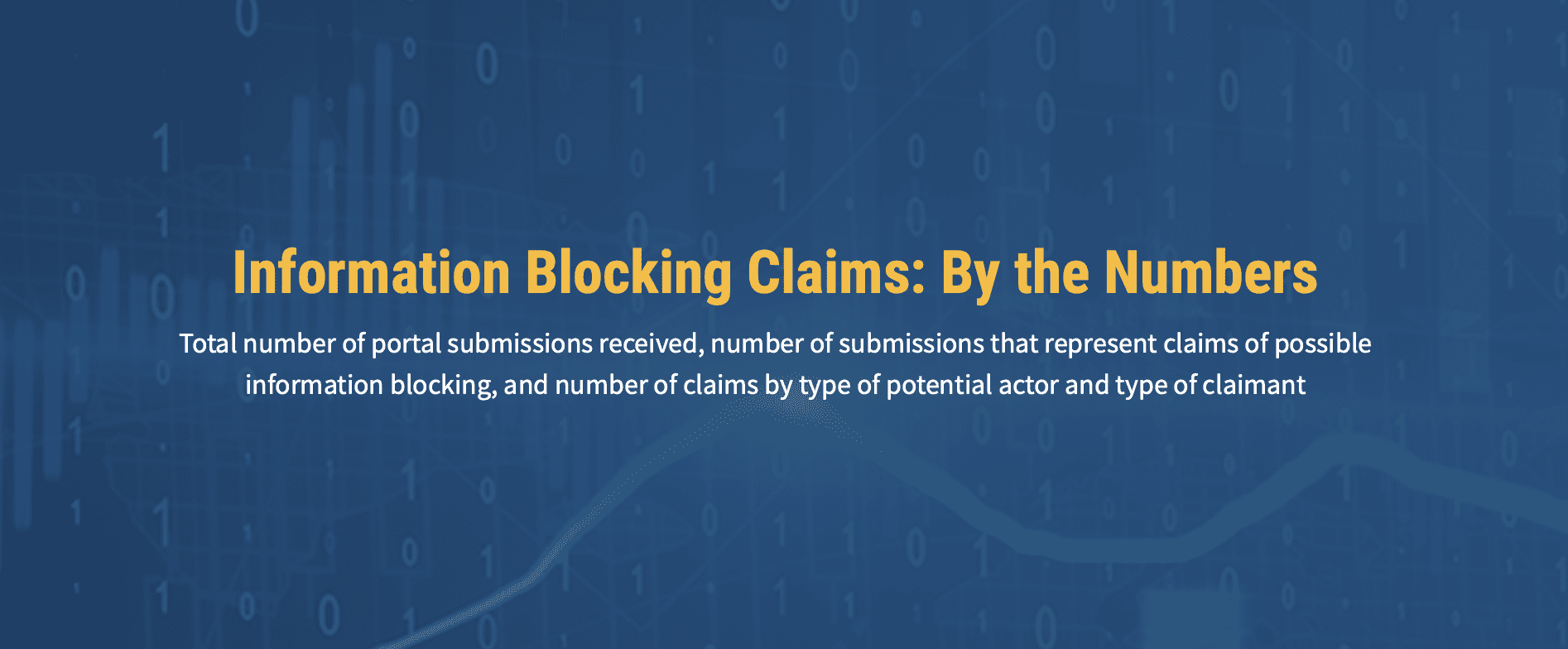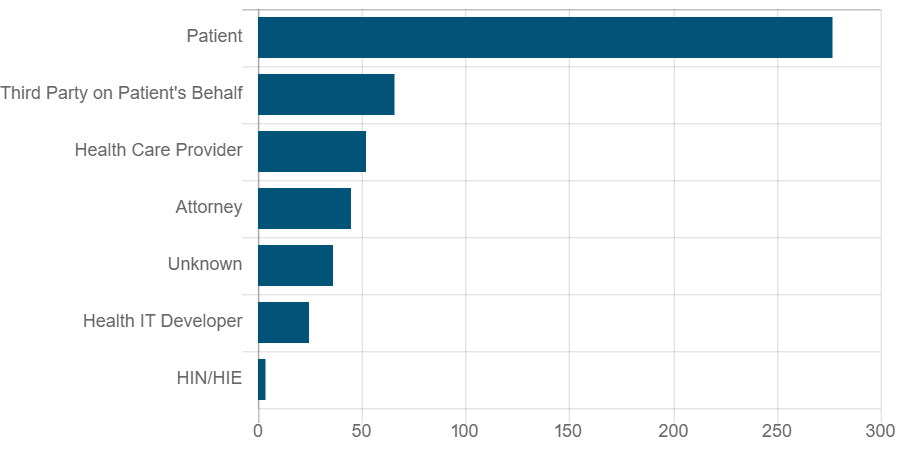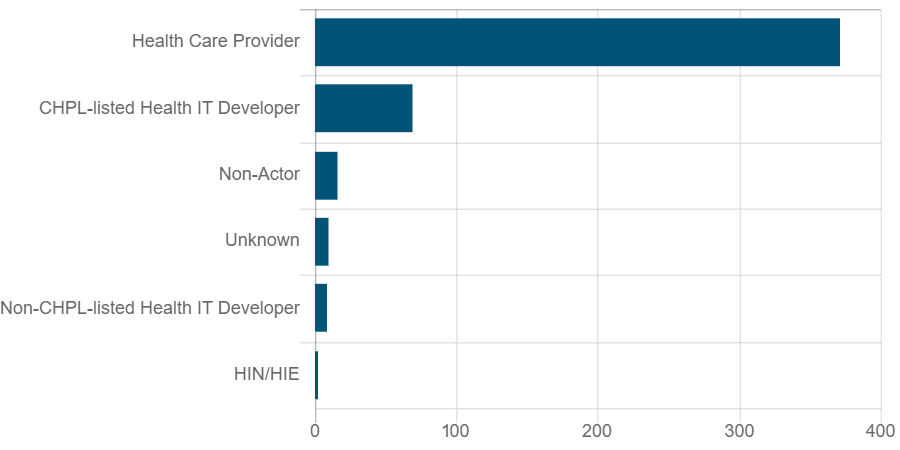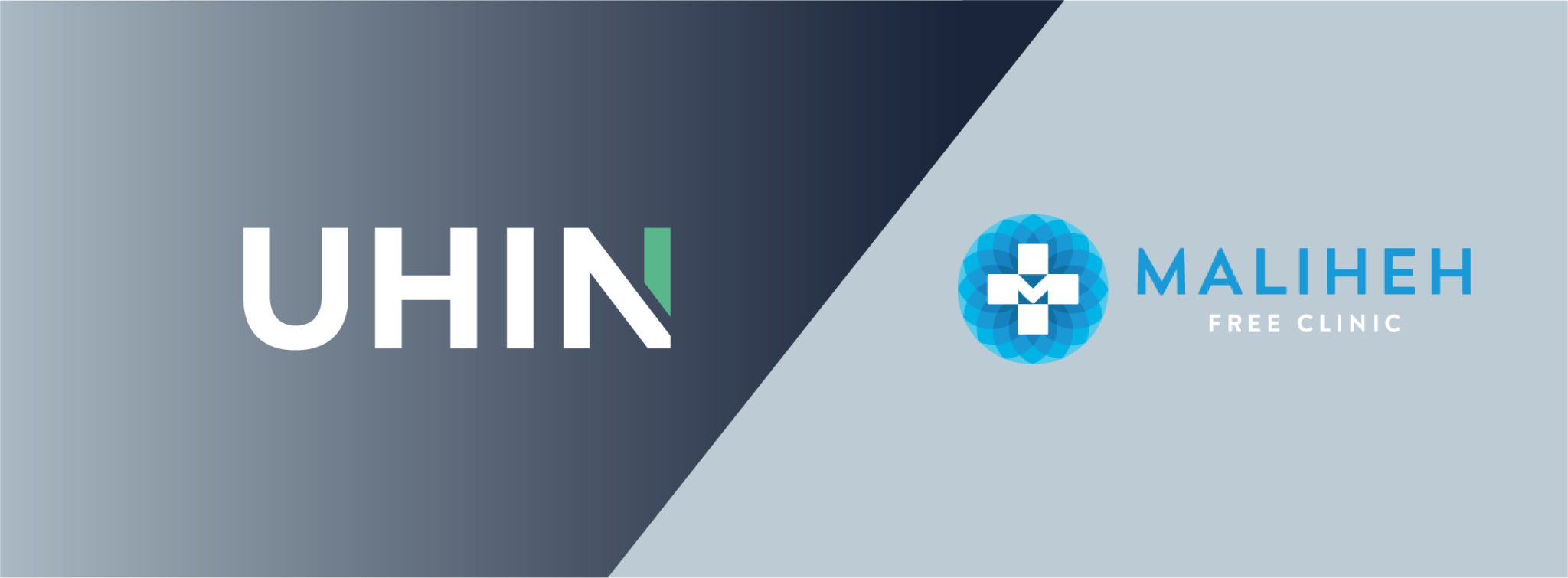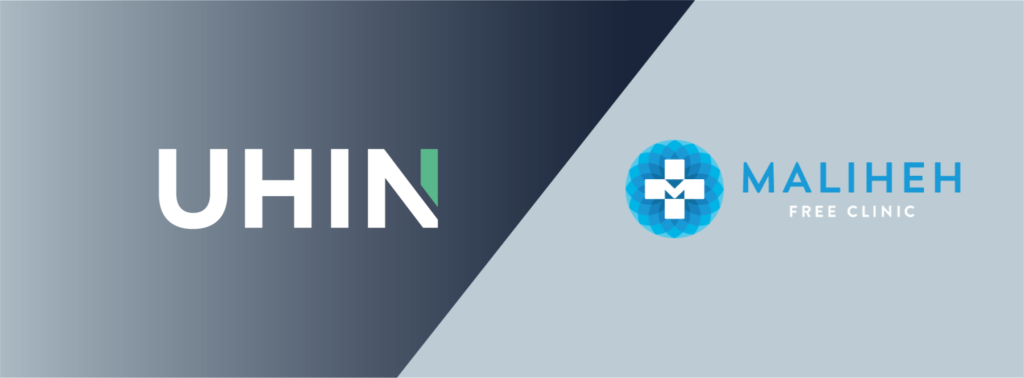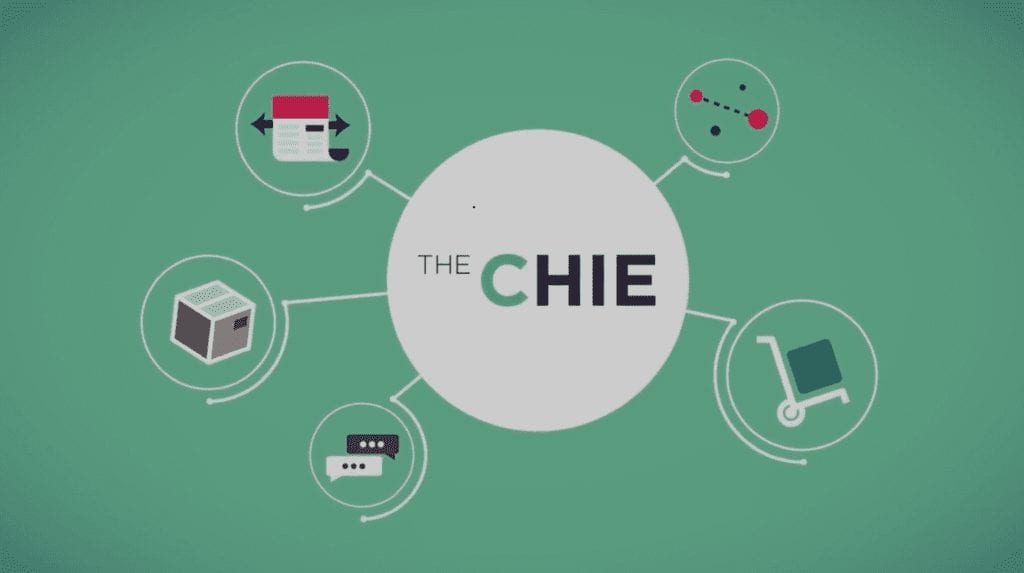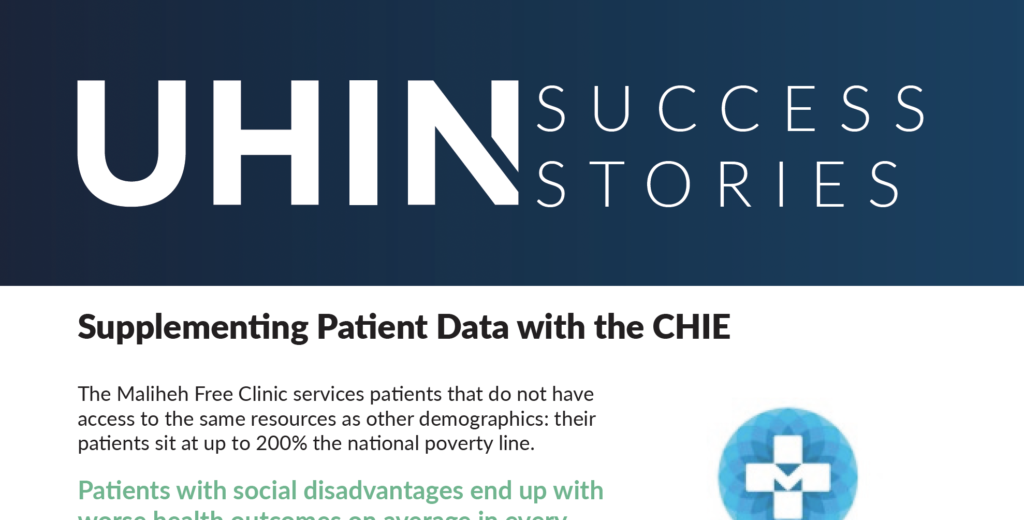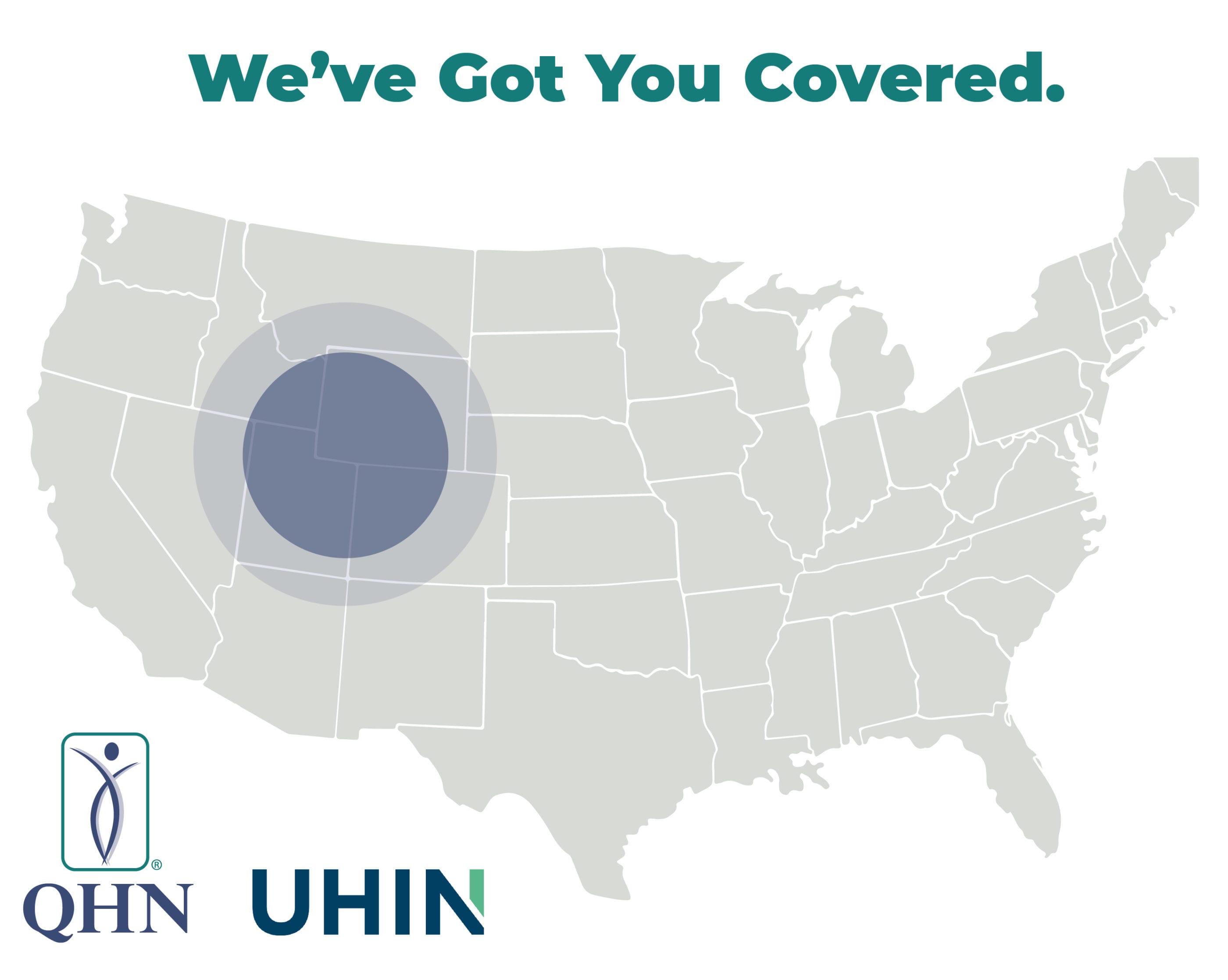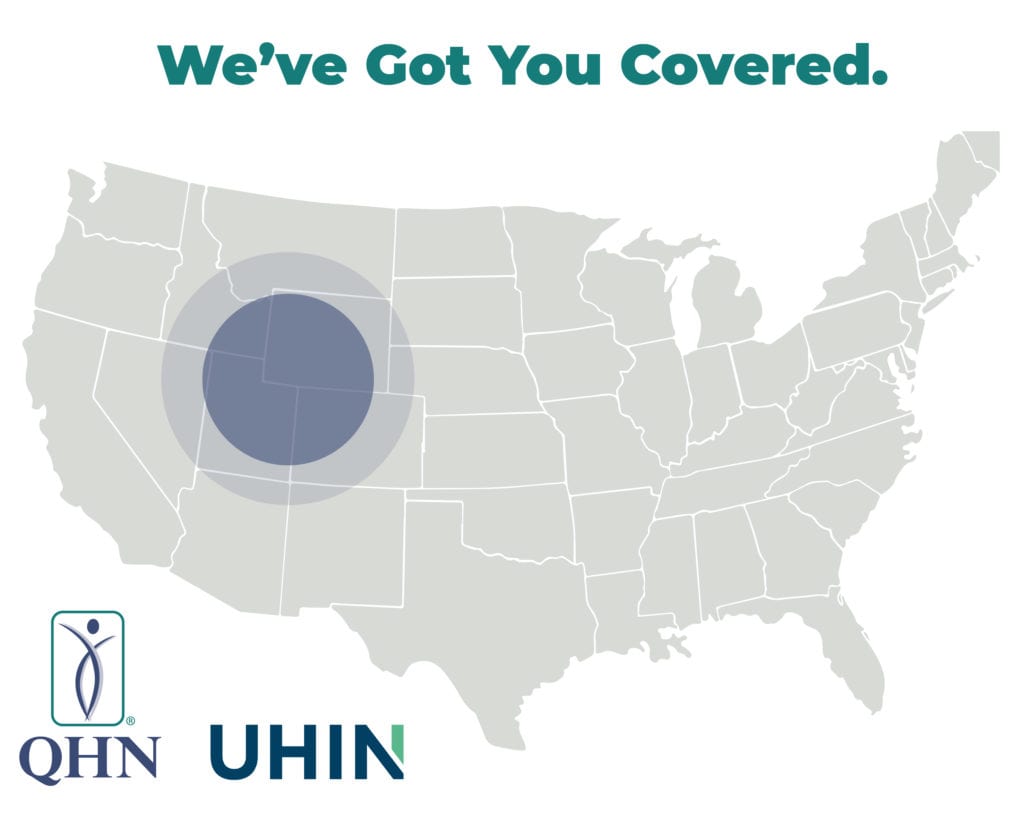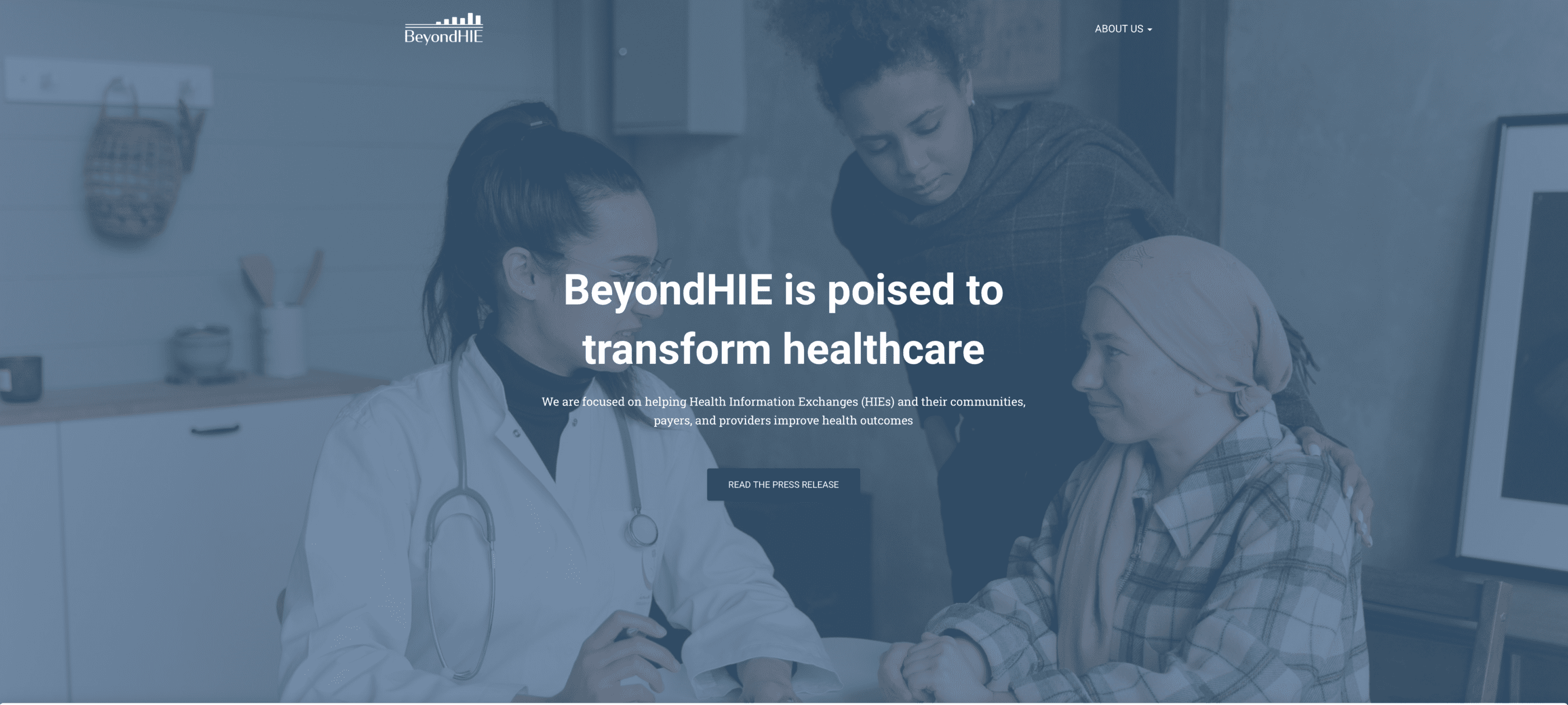UHIN will Join Three other Health Care Organizations Poised to Transform Health Care
BOISE, Idaho — Four health care organizations are partnering to create a new company focused on helping health information exchanges (HIEs) and their communities, payers and providers improve health outcomes. The newly formed partnership, known as BeyondHIE, will offer a comprehensive suite of services, technology and project management to support value-based care.
BeyondHIE, a nonprofit organization, will support health care organizations by bringing together health data partners and enabling that data to be scaled and enhanced. The four companies joining together are Comagine Health, Idaho Health Data Exchange (IHDE), Orion Health and the Utah Health Information Network (UHIN). These industry leaders offer deep expertise in the areas of data quality, utilization, support and delivery. Together, they will provide services that support health care organizations on their journey to improve health care quality, while also assisting with funding of provider connectivity.
“Delivering improved outcomes using health information enables payers and providers to meet the health care needs of the community they serve,” said Brian Chin, chief executive officer at UHIN. “This joint venture can make vital health care data a reality for more communities.”
“We are excited to partner with these key industry leaders striving to improve health outcomes throughout the U.S.,”said Ian McCrae, founder and chief executive officer of Orion Health. “This joint venture will support improvements in population health by making data accessible when and where it can make a difference.”
“This partnership allows us to offer analytic expertise in support of improvement and decision making,” Marc Bennett, Comagine Health’s president and chief executive officer, said. “The potential impact to improve health and create a better health care system is exciting.”
“This partnership supports health systems by bringing together health data partners allowing data to be scaled and enhanced across broad geographies,” Hans Kastensmith, IHDE’s executive director, said.
For more information about BeyondHIE visit: beyondhie.org.
# # #
About BeyondHIE
BeyondHIE delivers improved outcomes using enhanced secure health care information, enabling payers and providers to meet their patients’ health care needs with the full range of support ensuring outperformance on value-based reporting requirements. BeyondHIE delivers population level aggregated data at the right place and time. BeyondHIE makes consumer health information available when and where you need it; safe, informative, in your clinician’s hands. For more information, please visit beyondhie.org.
About Comagine Health
Comagine Health, formerly Qualis Health and HealthInsight, works collaboratively with patients, providers, payers and other stakeholders to reimagine, redesign and implement sustainable improvements in the health care system. As a trusted, neutral party, we work in our communities to address key, complex health and health care delivery problems. In all our engagements and initiatives, we draw upon our expertise in quality improvement, care management, health information technology, analytics and research. We invite our partners and communities to work with us to improvehealth and redesign the health care delivery system. For more information, please visit comagine.org.
About Idaho Health Data Exchange
Idaho Health Data Exchange (IHDE), a non-profit 501(c)(3) company, is Idaho’s statewide Health Information Exchange, dedicated to meeting the needs of healthcare providers and ensuring that Idaho’s citizens receive the most effective health services possible. To achieve these goals, IHDE is working with a wide-array of stakeholders and actively building a best in breed technology infrastructure to provide access to reliable data and information, combining traditional healthcare data with other data sources to help address the medical, behavioral, and social needs that influence the well-being of Idahoans. For more information, visit https://idahohde.org/.
About UHIN
UHIN is a non-profit 501(c)(3) organization dedicated to creating a more connected healthcare system. At our core, we enable organizations to interoperate with disparate health systems easily and securely, EHRs, PMs and other IT systems. By driving the adoption of innovative technologies and promoting a community of collaboration and inclusiveness, we are bringing together healthcare providers, hospitals, health plans, ACOs, government organizations and more to share vital information critical to their success. Learn more at www.uhin.org.
About Orion Health
Orion Health is a global, award-winning provider of health information technology, advancing population health and precision medicine solutions for the delivery of care across the entire health ecosystem. Orion Health provides a state-of the art multi-tenanted HIE platform, which has been subscribed to by 4 statewide Health Information Organizations, to support a suite of solutions to enable clinicians to extract meaningful insights and make more accurate decisions about patient care, delivering patient-centered healthcare and quality health outcomes that help patients live a healthier life. Our technology is used by hundreds of thousands of clinicians across the globe to manage the health care of more than 100 million patients. We specialize in open technology systems that seamlessly integrate all forms of health and personal data across the entire health community and present that data back to users in real time to provide optimum patient care. We believe that software needs to do more than serve up data; it needs to provide insights in real time to the people who need it, when they need it. For more information, please





